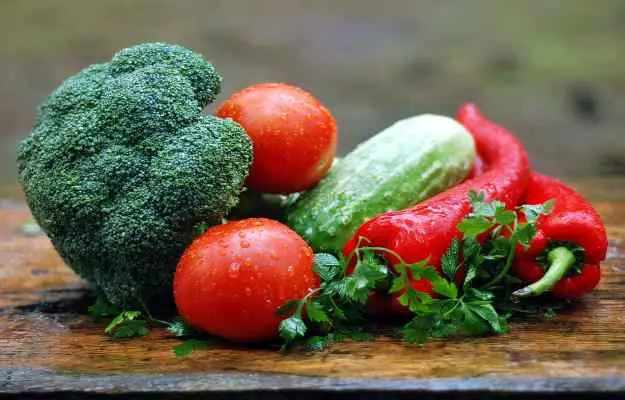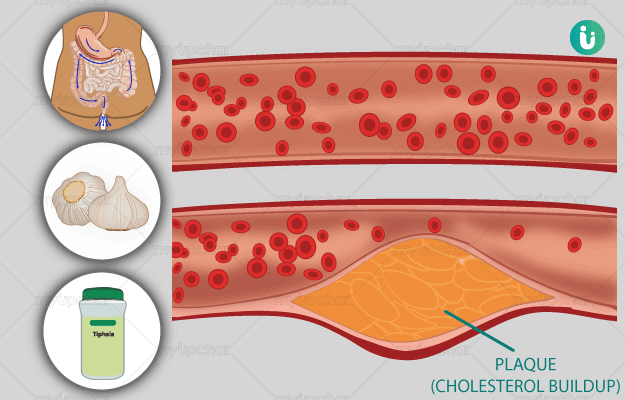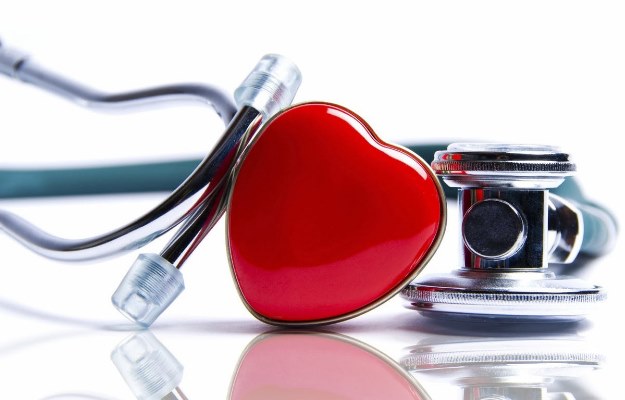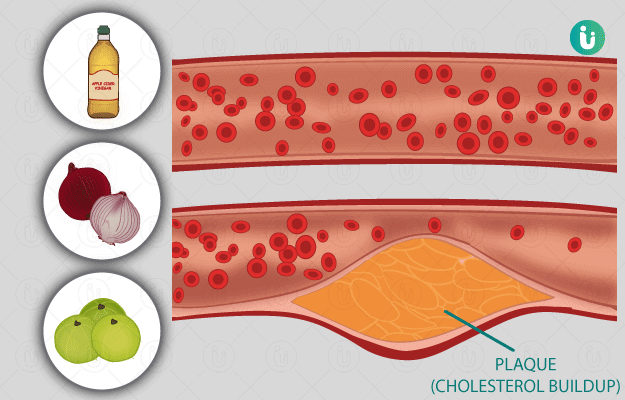Cholesterol plays a huge role in the normal functioning of the body. Without adequate amounts of cholesterol, your body would not produce hormones like estrogen, progesterone, testosterone, cortisol and aldosterone. Cholesterol also helps with the proper digestion of fats and enables the absorption of vitamin A, vitamin D, vitamin E and vitamin K.
Here is the complete detail about the treatment of high cholesterol.
Cholesterol travels in the blood as a combination of lipoproteins, of which high-density lipoproteins (HDL) are good and low-density lipoproteins (LDL) are bad. Triglycerides (TGL) are another type of lipid which are measured alongside cholesterol in a lipid profile cholesterol test, and an excess of this is also bad for your health.
An excess of bad cholesterol in the body can be very harmful, and it can cause chest pain, heart attack, coronary artery disease, stroke and diabetes. A high-fat diet, obesity, high blood pressure, sedentary lifestyle and smoking are all linked to high cholesterol.
While medications can be used to manage high cholesterol levels, it’s best to make appropriate dietary and lifestyle changes to prevent it. Exercises for high cholesterol are a must, but so are the following changes in your diet.
(Read More - High Lipoprotein treatment)





























